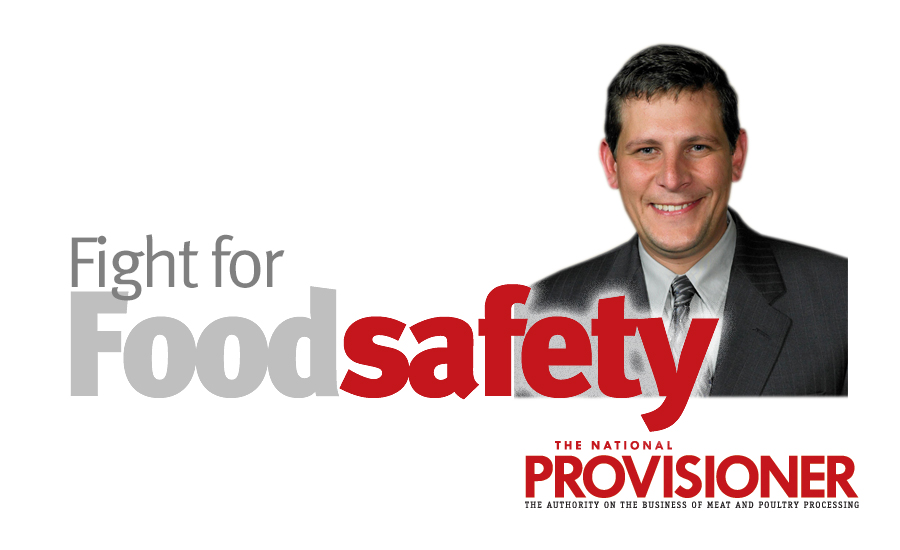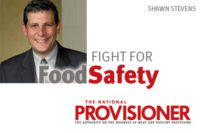Last year, there were 150 recalls of FSIS-regulated products. Because the numbers of recalls will likely increase in frequency in the coming years, there is a good chance your company will soon be faced with a recall situation. The average meat and poultry recall (where there is no human illness) will typically cost a company anywhere between $250,000 and $750,000. How well your company handles and recovers from the experience will depend almost exclusively on how well you develop and nurture your recall planning strategies today.
When faced with a potential recall situation, most companies wait for FSIS to signal what types and how much product to recall. This is often a mistake. Government agencies are in most cases poised to be overly aggressive and will often encourage the recall of far more product than is actually necessary. They will often ask you to cut down an entire forest to deal with a single diseased plant.
As a result, you should work within your company to develop your own Recall Decision Tree (RDT), designed to help you navigate any potential recall scenario. An effectively constructed RDT will prompt you with key questions designed to help you determine: (1) whether a recall is necessary under factual circumstances and governing regulations (sometime FSIS is mistaken); (2) if a recall is in fact indicated, which products do (and do not) have to be recalled; (3) how to appropriately document and memorialize your recall determination and justification; (4) how to properly communicate your recall decision to your customers to minimize to the greatest extent possible any commercial impact; and (5) how to manage the regulatory compliance, insurance coverage and claims management issues that will inevitably follow. If you don’t have an effective RDT to follow, many of the decisions that need to be made in during the course of a recall can become overwhelming and unmanageable. When this happens, costly mistakes are often made. As with a HACCP program, having a flow diagram and decision tree for your recall-related decisions can be an extremely useful tool, keeping your company in the green.
Too often food companies use wishful thinking as a strategy and hope a recall is something it will never have to face. The stark reality, however, is recalls will continue to happen at an increasing rate, and they should be viewed as a necessary part of doing business. Investing in some tangible recall planning and management strategies today will help your company grow stronger roots and survive the next recall tomorrow. NP





Report Abusive Comment